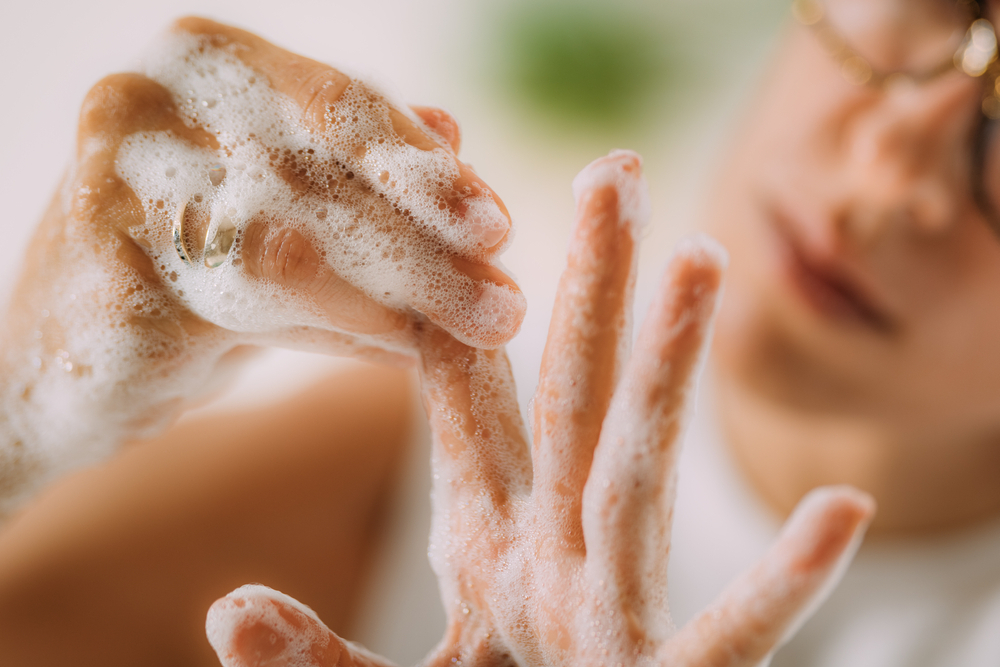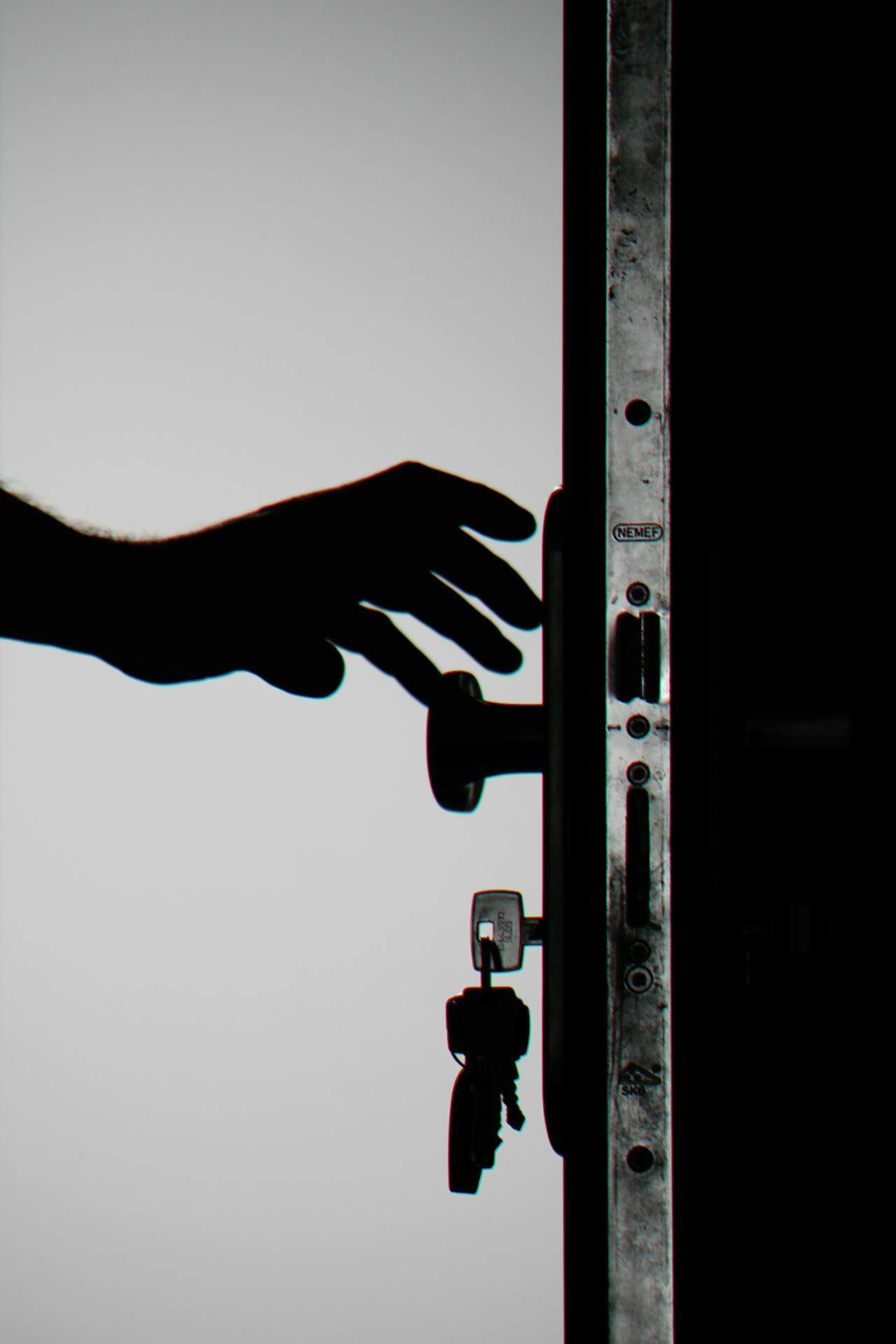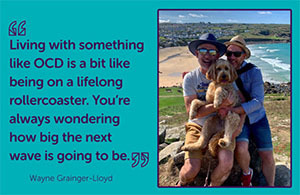Understanding OCD – and how therapy can help

How many times have you heard jokes or flippant remarks about OCD, or obsessive compulsive disorder? Despite there being much progress in how we describe and talk about common mental health conditions, this is one that’s still surrounded by misunderstanding and misconception.
In fact, living with OCD is much more complex than “quirky” habits like hand washing or arranging things in a certain order. It can be a really debilitating and sometimes crippling thing to live with, leaving people feeling anxious and isolated and - on the worst days - prevent them from leading anything like a normal life.
It can be hard to diagnose OCD because symptoms can often go hand-in-hand with other mental health and anxiety disorders. But it is thought as many as 2% of the population are affected by OCD, which can come in many guises.
Charities that specialise in the disorder and supporting people with it have worked hard to raise awareness of it, but it remains poorly understood.
Throughout my counselling career I have worked with many clients who live with OCD to varying degrees. Therapy can help massively although it is important to stress it’s not a magic cure - more that it can give clients the tools to bring their symptoms under control, rather than the symptoms controlling them.
OCD can take many forms but the most common type consists of thoughts, images or impulses that cause high anxiety or distress. It can be gradual or acute, and can come about as a response to difficult life events.
The impact on relationships, work and family life can be absolutely immense and it is not unusual that the person will be suffering with an anxiety disorder or depression alongside the OCD. It's estimated that 1 in 4 people with OCD are also compulsive hoarders.
The common repetitive thoughts can be very unpleasant to live with. They can lead to unnecessary actions that the person is simply unable to resist - repetitive checking of doors or windows, checking taps or switches, or repeatedly washing hands.
CBT (Cognitive Behavioural Therapy) can be very effective in treating OCD. You will learn different ways of thinking, reacting and behaving in response to the obsessions and compulsions. Some counsellors can also use something called ERP (Exposure and Response Prevention), which involves gradual exposure to the things that the person fears or the obsessions, and helping them stay with the anxiety that this provokes, while using tools and techniques to help manage that anxiety.

Using a combination of these techniques and counselling, I have worked with people that have gone from being terribly affected by OCD to being much more able to manage their compulsions.
I worked with one client who struggled to leave the house without checking all the doors and windows multiple times. His actions, which he simply couldn't help or control, would leave him exhausted and at times make him late for work.
If he was interrupted while carrying out these compulsive checks, he would have to start from the beginning all over again. This was having an extreme negative impact on his family members as well as himself, and he was left feeling quite depressed.
We worked together on gradually reducing the number of checks he made while using some relaxation and breathing techniques to help him manage the anxiety that this would provoke.
Eventually he was able to leave his home with minimal checking, and the confirmation that no one has come to harm as a result (some sufferers believe that something terrible will happen to them or their loved ones if they don’t carry out their rituals). This in turn had a positive impact on all the other areas of his life, and I'm pleased to say his mood gradually improved.
If you or a family member are affected by OCD, the LionHeart counselling team may be able to help. Call us free on 0800 009 2960 or find out more about the service here.
Bernadette Antoniou is a professional BACP registered and BABCP accredited counsellor and CBT therapist for LionHeart. She has worked for the charity for 12 years.

Our ambassador Wayne Grainger-Lloyd shares what it’s like to live with OCD.
Other useful links:
- OCD Action
- OCD UK
- Watch a short film about hoarders and how debilitating it can be here


